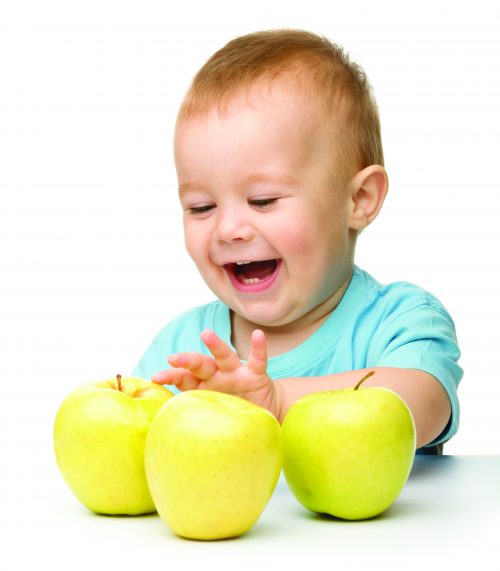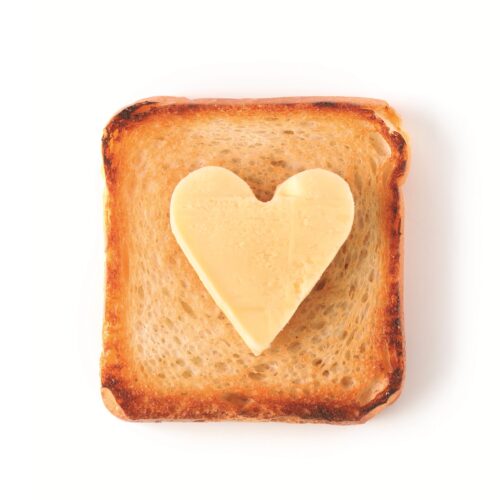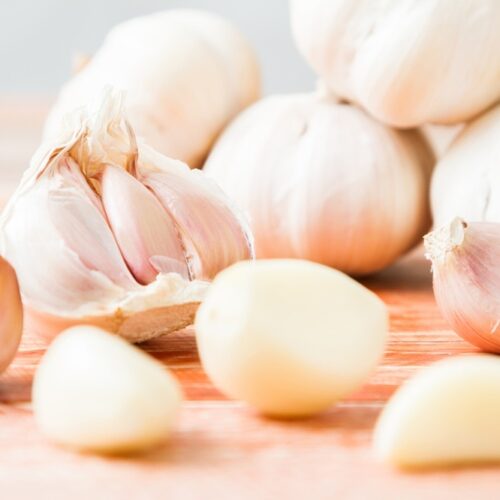
Nutritionist Vanessa Furlong looks at snacks for one to two-year-old children.
We would love to give our little ones healthy homemade snacks all the time, but sometimes that is neither practical nor possible. But a convenient, pre-made snack doesn’t need to be an unhealthy one. Knowing what to look for will put your mind at ease when your heart is in the right place, but your hectic lifestyle is pulling rank.
Do toddlers actually need snacks?
Yes. Toddlers (one to two-year olds) have little stomachs, so they need to ‘graze’ quite regularly (rather than eating three big meals each day). Snacks are therefore important to help them meet their daily energy and nutrient requirements. There is no set number of snacks that they should eat each day, but the following daily guidelines provide a framework for how much, and the variety of foods, your toddler needs:
- 2 toddler serves fruit: 1 serve equals 1 toddler handful or 1/2 piece fruit or 1 tablespoon dried fruit
- 3-4 toddler serves vegetables: 1 serve = 1 toddler handful or 3 tablespoons cooked veges
- 3–4 serves breads and cereals: 1 serve = 1 slice bread, 3/4 cup cereal, 1/2 cup porridge, 1/2 cup cooked pasta or rice
- 1/2–2 serves meat (or alternatives): 1 serve = 1 egg, 100g cooked meat/chicken/fish, 3/4 cup mince or casserole, 3/4 cup cooked legumes
- 2 serves dairy: 1 serve = 250ml milk, 200g yoghurt, 40g cheese
These serves are often larger than what a toddler would actually consume as one serve. For example, it’s recommended toddlers drink two cups dark- blue-top milk each day (changing to reduced-fat milk once they are two years old), but they need to be given that in either 1/4 cup or half cup serves. Similarly bananas or eggs might be served in portions of one-third or one-half.
How much energy should a snack provide?
You don’t need to be too concerned with the amount of kilojoules in toddlers’ snacks — studies show toddlers will eat when they’re hungry (and let you know when they’re full!). It’s still important to keep an eye out for snacks with a lot of added sugar — a good rule of thumb is to limit these to about 1 teaspoon per snack (roughly 5g). Snacks containing sugar from natural sources — like fruit or milk — or snacks with a little bit of added sugar are fine, but snacks with more added sugar than this are best saved for special occasions.
What nutrients should I look for?
Calcium is particularly important, as are iron and omega-3. These all play a significant role in mental and physical development during these early years. Cheese, salmon and iron-fortified cereals are great ways to get these nutrients into your toddler’s tummy.
www.healthyfood.com











